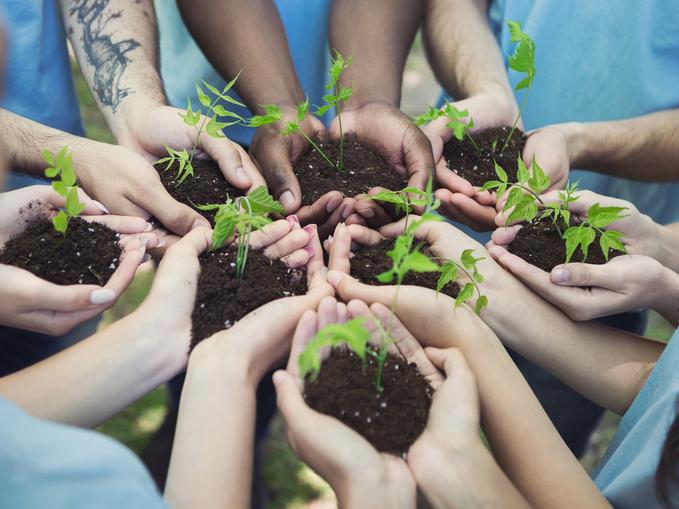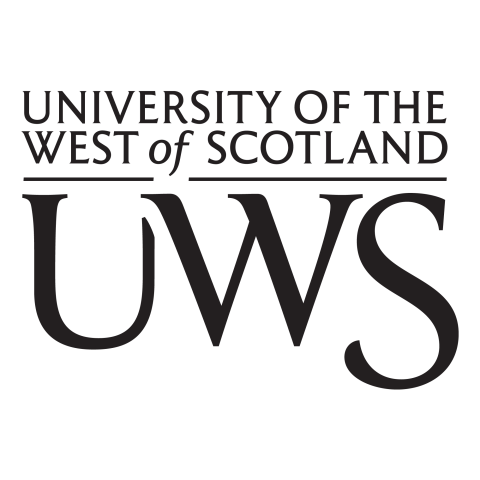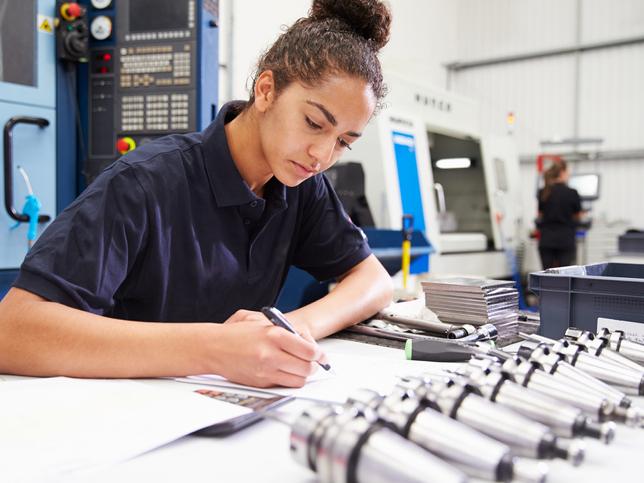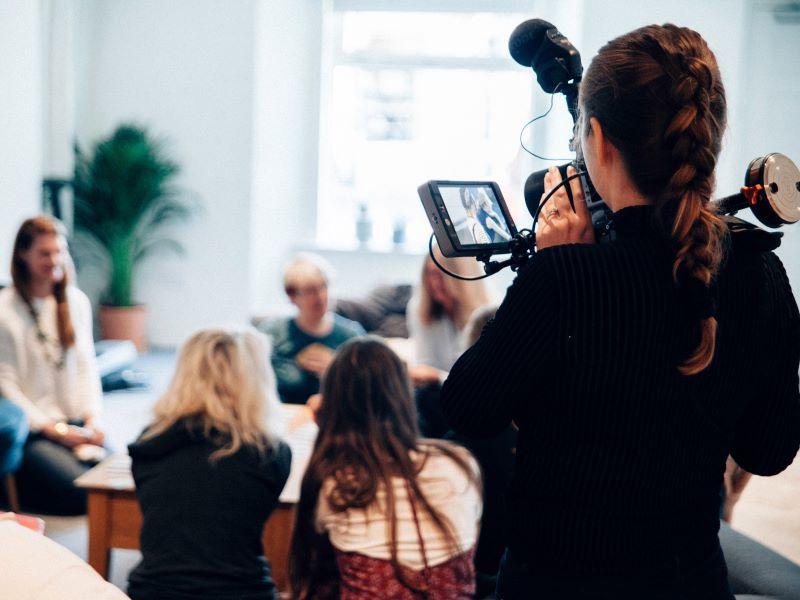
Real-world experiences can help your creative arts students create real-world change
Integrating real-world experiences into creative industries programmes can create truly meaningful results – for both the students and the wider community. Clare Duffin outlines how
At a time when questions are being raised about the benefits of studying creative arts subjects at university, embedding meaningful, real-world experiences within the programme design arguably adds more value than ever. The outcome can be transformative for students, while also fostering strong relationships with industry – enhancing employability skills and raising the profile of both the programme and the institution.
Yes, work-related learning modules provide similar inroads to link students with employment prospects and facilitate the application of theoretical concepts to practical settings. But there is scope, I believe, to integrate much more of these authentic practices to modules that are not typically placement-based. Co-creation with students decentres traditional delivery – and might do so in such a way that it propels student engagement, all the while motivating students to consider their practice as a powerful set of skills, capable of creating real change in a troubled world.
For example, let’s imagine that a module’s week three and four are scheduled to be delivered off-campus – indeed, “on site” – at a place of business, perhaps a charity or a social enterprise. Imagine, too, what this can offer to the overall student experience. Instead of attending each week in the usual campus lab or lecture theatre, they are catapulted into live situations, dealing with real people and immersing themselves in authentic practice.
- The world isn’t sorted into modules, nor should authentic learning be
- Embrace the chaos of real-world learning experiences
- Beyond the classroom: why experiential learning is crucial in today’s world
From my observations, short bursts of this practice, partnered with classroom-based contextualisation and engaging students in personal critical reflection, can produce remarkable outcomes. These outcomes symbolise how quickly students develop awareness of professional practice through their engagement with considered, real-world scenarios.
Students’ critical reflective commentaries, which formed part of their assessment, also highlighted the extent to which they embraced challenges and how they found new ways to meaningfully apply, in this case, their music-making skill sets. A clear shift was apparent in students’ self-confidence and attitudes. They went from being completely daunted by the tasks at hand to feeling great pride in their achievements when the work reached completion.
Help your students give back
An example of this occurred in 2022, when I had the privilege of meeting one of trustees of The River Garden, Margaret Gibson. The River Garden is a residential location in Auchincruive – close to University of the West of Scotland’s Ayr Campus – created for people in recovery from drugs and alcohol addiction. Residents and volunteers care for the grounds, harvesting produce from the land and using that produce in their on-site publicly accessible cafe, The Bothy. All proceeds from the cafe go back into the trust to support the residents’ facilities and care. I was immediately inspired by the people and the charity’s ethos to positively transform lives – recognising residents’ talents and developing skills that gave them meaning and purpose.
When I met with Gibson and a fellow trustee, Ronnie Greenwood, we quickly established a working relationship to consider how music students at UWS could use and improve their practical skill sets, while offering a music workshop to their residents. This required preparatory work with students such as simulations, planning sessions, risk assessing and a walk round the River Garden venue, conducting a meet-and-greet with the residents – all of which focused on relationship building. MA Music students heard stories of the residents’ addiction journeys and discussed what musical activities they were most interested in. Students became teachers in these moments.
Let’s nurture the benefits of real-world experiences
For modules with integrated work placements, there is no denying that nurturing relationships with key industry partners and community organisations offer excellent inroads to employment for students. But it need not stop there. When considering how programmes in higher education create impact, we need look no further than the benefits that the creative arts bring to people’s well-being. These benefits also extend to younger people’s attainment in subjects such as maths and English and to the economy – all of which are well documented. To nurture these fruits of labour, we must ensure that students of university-based creative programmes are not too guided to make a real difference in our changing world.
Music is a universal language. It can bring people together and do so much more than simply entertain. It can tell stories. It can be a vehicle to break down social barriers. It can heal. Similarly, we can look at a multitude of creative industries courses and consider how to harness their qualities in cultivating worthwhile partnerships.
In higher education, we have a responsibility to mould our students into community-minded citizens. Let’s create a time and space to connect students with real people and real problems in their learning journey at university and provide a platform where they can deploy and develop their skills.
If an approach like this is taken – and deemed feasible – universities have the opportunity to strengthen links with community organisations and other partners, align agendas and create meaningful outcomes. Identifying local community groups or industry organisations with common goals will serve to enrich both the student and the wider community culture. It has the power to positively transform lives, create impact and provide a truly engaging student experience.
Clare Duffin is a programme leader for MA Music at the University of the West of Scotland.
If you would like advice and insight from academics and university staff delivered direct to your inbox each week, sign up for the Campus newsletter.




